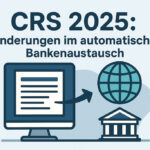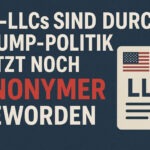To provide you with an optimal experience, we use technologies such as cookies to store and access device information. If you consent to these technologies, we may process data such as browsing behavior or unique IDs on this website. If you do not give or withdraw your consent, certain features and functions may be impaired.
Access or technical storage is strictly necessary for the legitimate purpose of enabling the use of a specific service explicitly requested by the subscriber or user, or for the sole purpose of transmitting a message over an electronic communications network.
The technical storage or access is necessary for the legitimate purpose of storing preferences not requested by the subscriber or user.
Technical storage or access for statistical purposes only.
Technical storage or access used solely for anonymous statistical purposes. Without a request, the voluntary consent of your Internet service provider or additional records from third parties, the information stored or accessed for this purpose alone cannot generally be used to identify you.
The technical storage or access is necessary to create user profiles, to send advertising or to track the user on a website or across several websites for similar marketing purposes.













